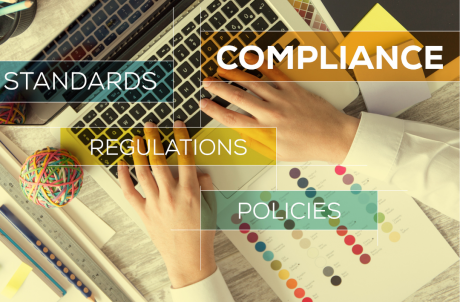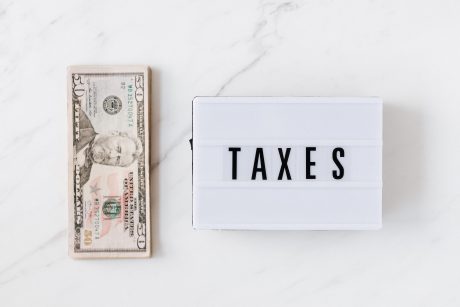New COVID Relief Law Now Signed | Checks Start This Week
The Maryland Legislature passed Governor Larry Hogan’s Maryland RELIEF Act of 2021 this past Friday and the bill was signed into law on Monday, February 15. Beginning TODAY, Tuesday, February 16, Comptroller Peter Franchot and the staff of the Comptroller’s Office will begin processing more than $200 million in payments to our most vulnerable families, people stuck awaiting decisions on their unemployment insurance claims, and struggling businesses and nonprofit organizations.
Visit the RELIEF Act Information page on the marylandtaxes.gov website to:
• check eligibility for payments
• watch a video from Comptroller Franchot
• read Frequently Asked Questions
If you have any RELIEF questions, call (833) 345-0787 or email ReliefAct@marylandtaxes.gov
Sales and Use, Tobacco Taxes | Digital Advertising Tax Imposed, Tobacco Taxes Increased
The Maryland Senate voted to override Gov. Larry Hogan’s veto of a bill that taxes digital advertising in the state. The legislation was vetoed by Gov. Hogan on May 7, 2020. Tobacco taxes are also increased under the bill. Digital Advertising Tax Digital advertising includes ad services on a digital interface, including banner ads, search engine ads, interstitial ads, and other comparable types of ads.
The digital advertising tax rate is based on the assessable base (annual gross revenues derived from digital advertising in the state) at the following rates:
- 2.5% of the assessable base for a person with global annual of $100 million through $1 billion;
- 5% of the assessable base for a person with global annual gross revenues of $1 billion through $5 billion;
- 7.5% of the assessable base for a person with global annual gross revenues of $5 billion through $15 billion; and
- 10% of the assessable base for a person with global annual gross revenues exceeding $15 billion.
Returns and payments are required as follows:
- persons with annual gross revenues from digital ads in the state of at least $1 million in a calendar year must file a return and make payment on or before April 15 the next year;
- persons that reasonably expect annual gross revenues from digital ads in the state to exceed $1 million must file a declaration and pay estimated tax, on or before April 15, June 15, September 15, and December 15 of that year.
Tobacco Tax Increases
Tobacco tax rates are increased as follows:
- the tax per pack of cigarettes is increased from $2 to $3.75;
- the tax on other tobacco products is increased from 30% of the wholesale price to 53%.
In addition, the sales tax on electronic smoking devices is imposed at 12%. The sales tax for vaping liquid is 60%.
Effective Dates
Although the bill provides for effective dates of tax years beginning after 2020 for the digital ad tax and July 1, 2020 for the tobacco tax changes, under the Maryland Constitution, vetoed legislation is effective 30 days after the Governor’s veto is overriden. Since the veto was overriden on February 12, 2021, the effective date of the legislation is March 14, 2021.
See H.B. 732 for more information.









